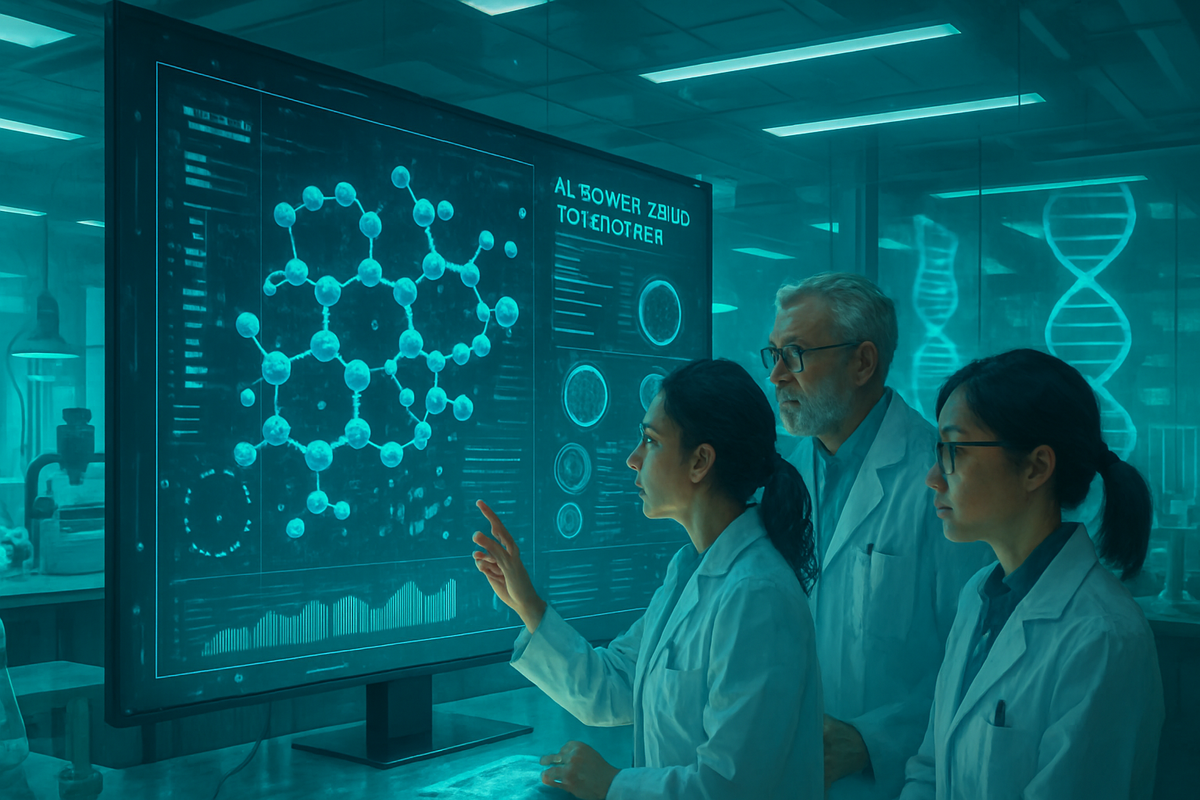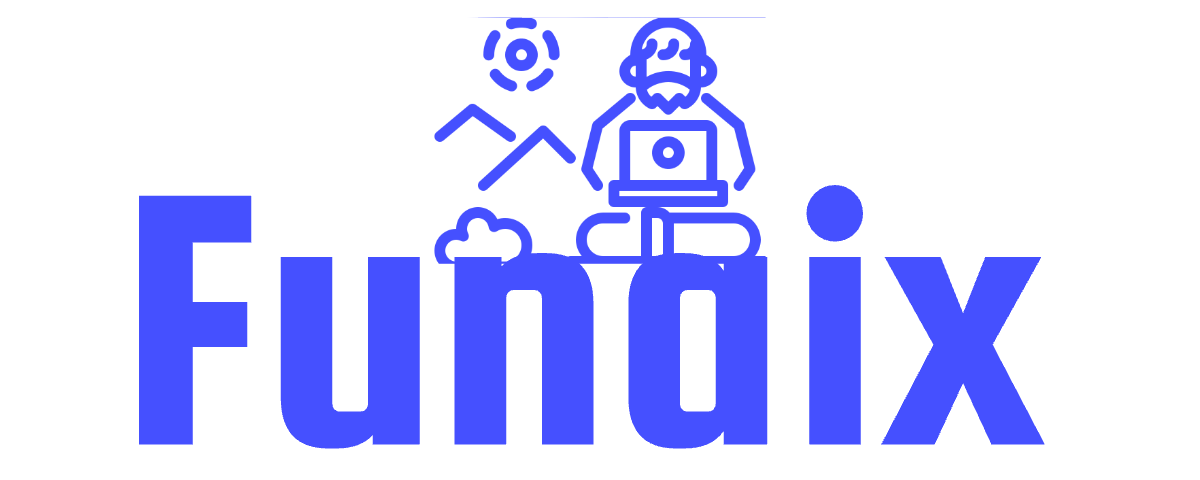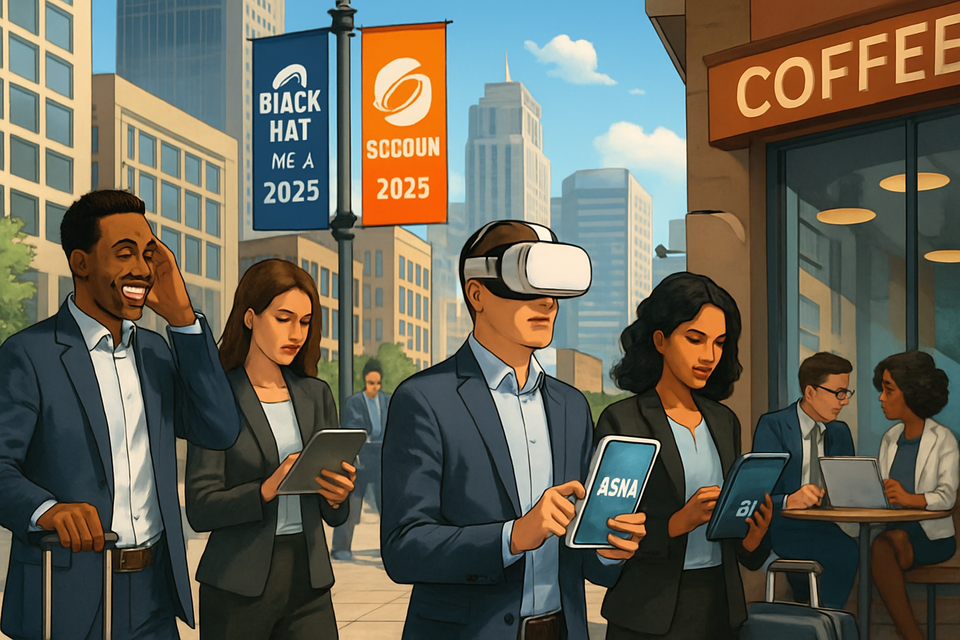AI Drug Discovery: Hype, Hope, and the Race to the Billion-Dollar Cure
Explore the dynamic intersection of AI and pharmaceuticals as algorithms transform drug discovery by promising faster, cheaper development and targeting elusive diseases. Is a billion-dollar cure on the horizon? Discover the revolution now unfolding in biotech.

Welcome to the Wild West of AI Drug Discovery
Imagine a world where the next miracle cure is dreamed up not by a lone scientist hunched over a microscope, but by a tireless algorithm sifting through mountains of molecular data—faster than you can say "penicillin." That world is no longer science fiction. It’s the present, and yes, there’s hype, hope, and a billion-dollar prize at stake.
"The pharmaceutical industry is still waiting to see whether AI can tackle its biggest challenge: finding faster, cheaper ways to develop new drugs." — Matthew Perrone, AP
The AI Revolution: From White Coats to Code
Drug discovery has always been a high-stakes, high-cost, and (let’s be honest) glacially slow affair. But artificial intelligence is promising to shake up the status quo. Instead of spending a decade and billions to bring a single drug to market, AI-driven startups and Big Pharma are betting that machine learning can slash timelines, costs, and even open doors to cures for diseases once considered "undruggable."
The New Gold Rush: Who’s Who in AI Pharma
- Chai Discovery (backed by OpenAI): Raised $70 million in 2025, boasting a $550 million valuation. Their AI, Chai-2, claims a hit rate of 1 in 6 for protein targeting—compared to the industry’s traditional 1 in 1,000. That’s not just an improvement; it’s a moonshot. Investors are watching with popcorn in hand.
- Insitro: Founded by Daphne Koller, this company partners with pharma giants like Eli Lilly and Bristol Myers Squibb. Their secret sauce? Using machine learning to decode the bewildering complexity of biology and pinpoint which patients will benefit from new therapies.
- Microsoft AI for Science: Under Christopher Bishop, Microsoft is using deep learning and large language models (think GPT-4’s nerdy cousin) to accelerate breakthroughs in chemistry, biology, and drug discovery. Their tools are already helping scientists model, predict, and invent at warp speed.
How AI Really Works in Pharma—No Sci-Fi Needed
Let’s cut through the jargon:
- Data Crunching: AI sifts through vast datasets—genomes, protein structures, patient outcomes—to spot patterns invisible to humans.
- Molecule Design: Algorithms propose new molecules that could bind to disease targets, simulating millions of possibilities in silico before a single test tube is uncapped.
- Patient Stratification: Machine learning helps identify which patient subgroups will (or won’t) benefit from a drug, making clinical trials smarter and safer.
- Automation: Some platforms now automate lab work, letting robots and AI work hand-in-glove (or, perhaps, wire-in-pipette).
But here’s the catch: no AI-discovered drug has yet received FDA approval. The race is still on, and the finish line is tantalizingly close—but not quite in sight.
Regulatory Earthquakes: The FDA's New Playbook
2025 brought a game-changer: The U.S. FDA is phasing out animal testing in favor of "human-relevant" New Approach Methodologies (NAMs). That means AI models and lab-grown human organoids are moving from the sidelines to center stage. The benefits?
- Faster approvals for new drugs
- Lower R&D costs (bye, bye sky-high drug prices?)
- Safer, more predictive science—no more relying solely on mice to predict what happens in humans
But it’s not all smooth sailing. Regulators want proof that these new AI-driven methods are as safe and effective as the old ones. The first companies to clear this bar could unlock not just blockbuster drugs, but regulatory gold.
Investor & Career Playbook: How to Ride the AI-Biotech Wave
For Investors
- Look for companies with proven collaborations (Big Pharma likes to dance with winners).
- Check for robust datasets and clear regulatory strategies. Hype is fun, but FDA approval is king.
- Don’t ignore the long game: The first true AI blockbuster could mint fortunes, but most bets will fizzle before the finish line.
For Jobseekers
- AI-biotech is hiring across the board: from machine learning engineers to biologists who can speak Python.
- Brush up on bioinformatics, data science, and regulatory science. Online courses (think Coursera, Udemy) are a great way to get your foot in the digital door.
- Love learning? This field changes faster than a caffeine-fueled grad student.
For Healthcare Pros
- Stay curious: AI tools are entering the clinic, from clinical trial design to personalized medicine.
- Advocate for transparency and patient safety as new tech rolls in—ethics still matter, even if your new colleague is a neural network.
The Road Ahead: Hype, Hope, and Cautious Optimism
Is AI the panacea for all drug discovery woes? Not yet. The tech is dazzling, but biology is stubborn. Still, the progress is real:
- Startups like Chai and Insitro are narrowing the odds from 1-in-a-thousand to 1-in-six for new drug targets.
- The FDA is rewriting the rules for what counts as “safe and effective.”
- Billions are being wagered that the next billion-dollar cure will be dreamed up by code, not chemistry alone.
"You can take the most sophisticated, best-meaning scientists from either side and put them in the same room together and they might as well be speaking Thai and Swahili to each other." — Daphne Koller, Insitro
Ready to stay ahead of the curve? Subscribe now as a Funaix Insider for free and get exclusive smart news, deep dives, and the chance to join the conversation in the comments. Only subscribers can comment and read the best debates in biotech and AI—don’t miss your shot (pun intended). Subscribing is free—for now!
Published: August 19, 2025 — Stay curious, stay skeptical, and keep your molecules (and investments) smart.




